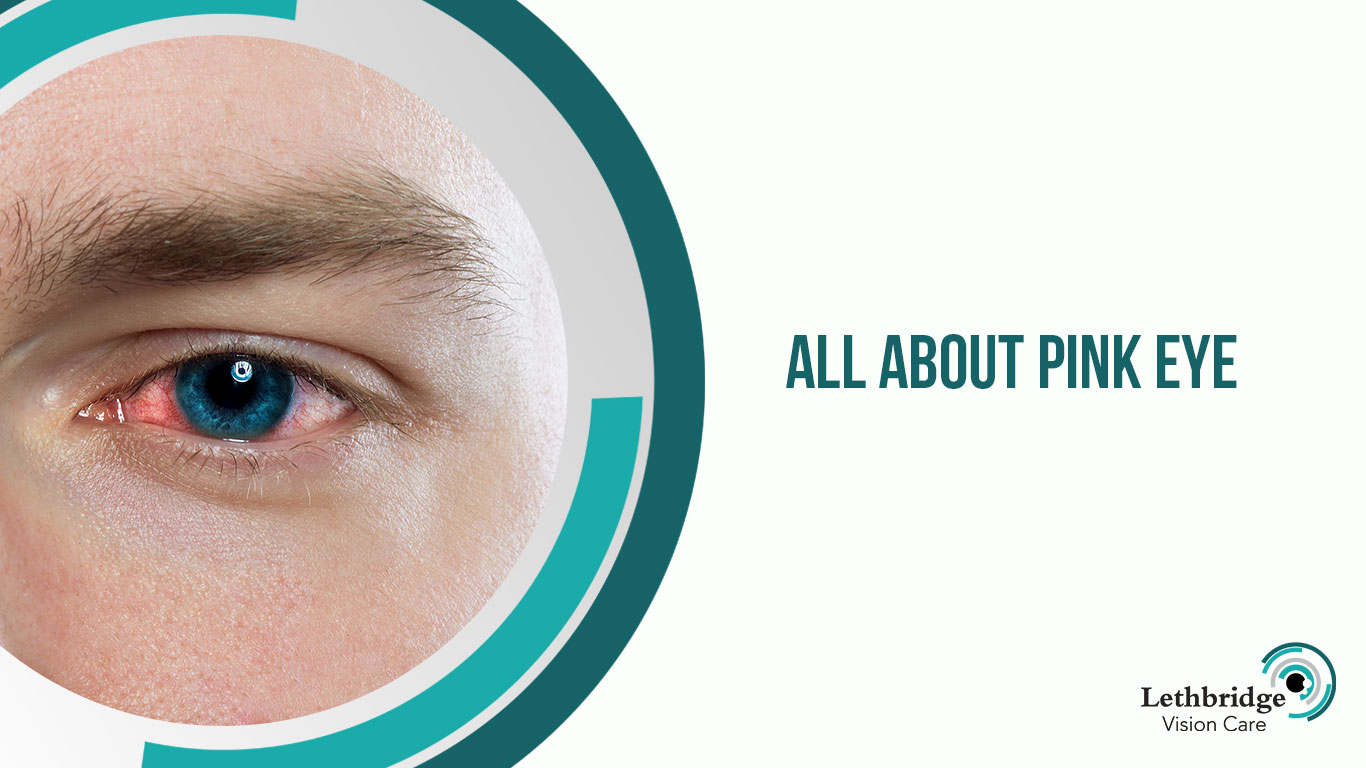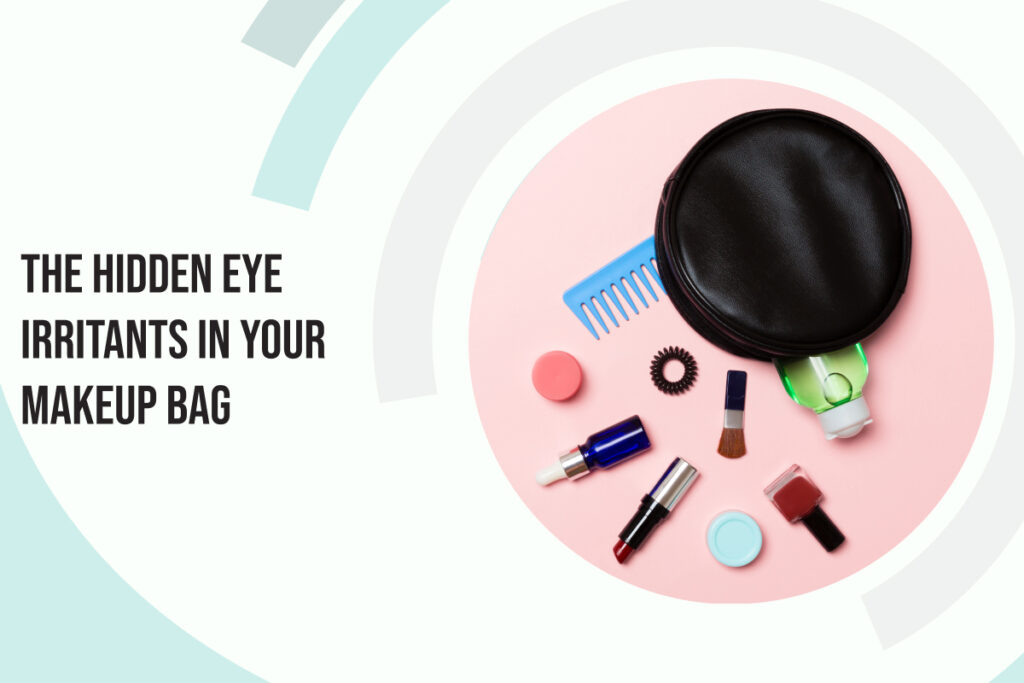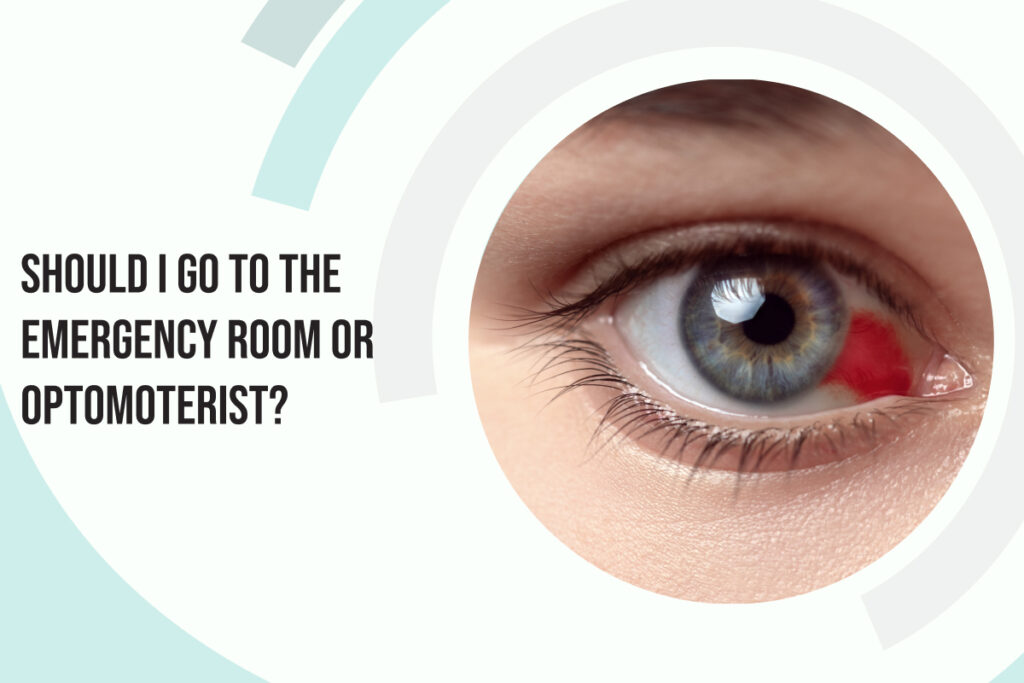No doubt you’re familiar with the dreaded itchiness and scratchiness of pink eye. This common eye disease is uncomfortable and can be a bit embarrassing. Also known as conjunctivitis, pink eye causes the transparent membrane that lines your eyelid and eyeball to become inflamed. It causes discomfort and watery, red eyes.
If you suspect you have pink eye or have had it in the past, you should let your optometrist know. It might indicate an issue with your eye care routine or an underlying concern. You’ll also likely need to treat the infection to alleviate your symptoms and restore your eyes to good health.
How do you know if you have pink eye?
The main symptoms of pink eye are red, itchy, and watery eyes. It’s especially common in children, who tend to share high-touch items without washing their hands properly before touching their eyes or face. Unfortunately, many things can cause a similar reaction in your eyes, and not all are pink eye. So, how can you know for sure?
Unlike general allergies, pink eye will usually only affect one eye. Pink eye can also cause puss or crust around your eyes, making it difficult to open, especially when you wake in the morning. There may also be a dull, constant itchiness rather than intermittent symptoms.
If you think you may have pink eye, getting it checked out by a trusted medical professional is the only way to know for sure.
What exactly causes pink eye?
There are actually many different possible causes for pink eye. The three most common are viruses, bacteria, and allergens. Less frequently, it can be caused by debris in the eyes, air pollution, chemicals, or improper contact lens care.
Some kinds of pink eye are highly contagious. Viral and bacterial conjunctivitis can spread quickly from person to person. These are the types your children will most likely bring home from school, then pass around to other family members. Conjunctivitis stemming from allergies or physical irritants in your eye won’t typically be passed from person to person.
Is there a way to avoid getting or spreading pink eye?
Pink eye can largely be avoided by practicing good hygiene. Make sure to wash your hands regularly to avoid spreading bacteria or viruses. You should also avoid rubbing and touching your eyes, especially when out and about.
Don’t share products that go in or around your eyes, like makeup, even if you and the person you are sharing with don’t have any pink eye symptoms. It’s still possible that one of you could be carrying a bacteria or virus that could cause conjunctivitis.
Pink eye is common in children. They are especially susceptible to it as they return to school in the fall. Make sure your child knows that it is important for them to wash their hands throughout the day. Explain to them that their eyes are sensitive and that they should be careful with them. Discourage excessive eye touching or rubbing if they do it at home. If you think your child has pink eye, take them to a clinic to have their eyes examined. Should it turn out they do have pink eye, keep them home from school until it clears up.
If any member of your family has pink eye, don’t share towels, pillows, bed linens or anything else that goes near your face. These items can spread the virus from person to person and could lead to a household full of pink, puffy, itchy eyes.
The good news is that pink eye is treatable
Bacterial conjunctivitis is normally treated with an antibiotic. This helps shorten the duration of pink eye and stops you from spreading it as easily.
Viral conjunctivitis will typically clear up or begin to subside on its own in about a week. If you notice that your eye still looks or feels pink and irritated after a week, you may be prescribed antiviral medication to help.
If you suspect allergies have caused your pink eye, start by limiting your exposure to the allergen and taking antihistamines. If this doesn’t help, it could be a sign your pink eye is not due to allergies or is caused by another eye disease.
You should keep your optometrist informed if you’ve had pink eye, as it may affect your eye treatment moving forward. For example, pink eye can sometimes result from poor contact lens care or wearing the wrong style of contact for you. If this is the case, your optometrist may switch you to disposable contact lenses or have you try a new contact shape or material.
It’s also important to notify your optometrist of pink eye because sometimes it may not be pink eye at all. Dry eye disease, styes, iritis, blepharitis, and more can all be mistaken for pink eye.
Pink eye is itchy, uncomfortable, and sometimes gross to deal with. The good news is that pink eye is easy to treat and doesn’t usually cause long-term damage to our eyes. If you are frequently experiencing itchy, red, uncomfortable eyes, talk to your optometrist for more personalized recommendations to keep the itch away.







